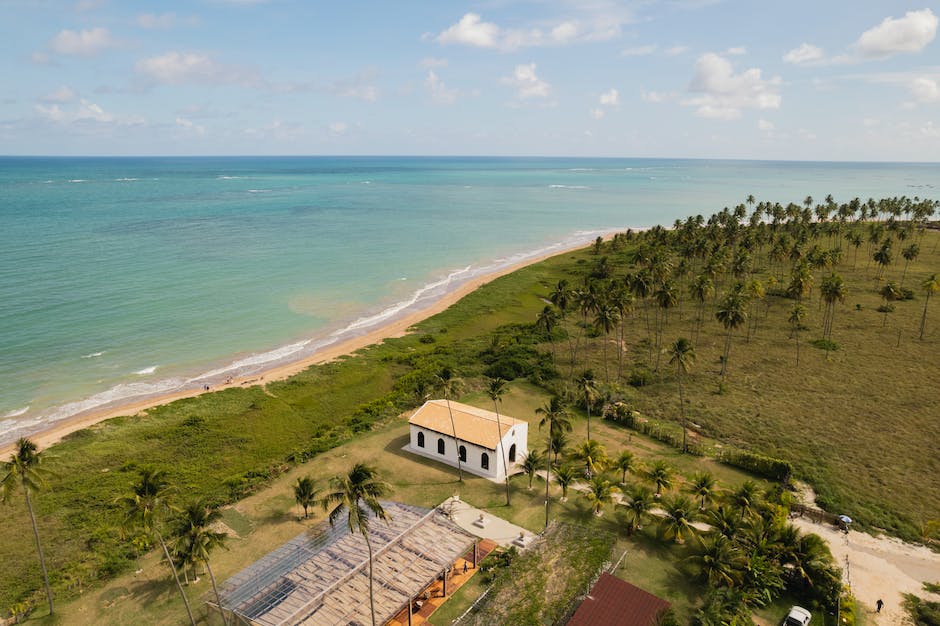-
Índice Liberdade e Vida Clínica de Recuperação

The Benefits of Compulsory Internment in Mairiporã, São Paulo
The Benefits of Compulsory Internment in Mairiporã, São Paulo
Compulsory internment, also known as involuntary commitment, is a controversial topic that has been widely debated in recent years. In Mairiporã, a city located in the state of São Paulo, this practice has gained attention for its potential benefits in addressing mental health issues. This article aims to explore the advantages of compulsory internment in Mairiporã and shed light on how it can contribute to the overall well-being of individuals.
One of the primary benefits of compulsory internment is the provision of a safe and controlled environment for individuals struggling with mental health disorders. Mairiporã offers specialized facilities equipped with trained professionals who can provide round-the-clock care and support. This ensures that patients receive the necessary treatment and attention they need to recover and stabilize their mental health.
Moreover, compulsory internment in Mairiporã allows for a comprehensive assessment of patients’ conditions. By being in a controlled environment, healthcare professionals can closely monitor and evaluate the progress of each individual. This assessment is crucial in determining the most effective treatment plan tailored to the specific needs of the patient. It also enables healthcare providers to identify any underlying issues that may have contributed to the development of the mental health disorder, allowing for a more holistic approach to treatment.
In addition to providing a safe environment and comprehensive assessment, compulsory internment in Mairiporã offers access to a wide range of therapeutic interventions. These interventions include individual and group therapy sessions, medication management, and various alternative therapies such as art therapy, music therapy, and mindfulness exercises. The availability of these interventions ensures that patients receive a well-rounded treatment plan that addresses their unique needs and preferences.
Furthermore, compulsory internment in Mairiporã promotes socialization and peer support among patients. Being in a facility with others who are going through similar
Exploring Compulsory Internment in São José dos Pinhais, Paraná
Exploring Compulsory Internment in São José dos Pinhais, Paraná
São José dos Pinhais, a city located in the state of Paraná, Brazil, is known for its commitment to healthcare and providing quality medical services to its residents. One of the controversial practices that has gained attention in recent years is compulsory internment, also known as involuntary commitment, for individuals struggling with mental health issues or substance abuse problems. This article aims to shed light on the concept of compulsory internment in São José dos Pinhais and its implications for individuals seeking treatment.
Compulsory internment refers to the legal process of detaining individuals against their will for the purpose of receiving medical treatment. This practice is often employed when individuals pose a threat to themselves or others due to their mental health condition or substance abuse. The decision to initiate compulsory internment is typically made by a judge or a medical professional, who assesses the individual’s condition and determines the necessity of intervention.
In São José dos Pinhais, compulsory internment is governed by specific laws and regulations that aim to protect the rights of individuals while ensuring their safety and well-being. The process begins with a formal request for internment, which can be made by family members, healthcare professionals, or even the individual themselves. This request is then evaluated by a multidisciplinary team, consisting of psychiatrists, psychologists, and social workers, who assess the individual’s condition and determine the most appropriate course of action.
Once the decision for compulsory internment is made, the individual is admitted to a specialized facility, such as a psychiatric hospital or a rehabilitation center. These facilities are equipped with trained professionals who provide round-the-clock care and support to the individuals undergoing internment. The duration of internment varies depending on the individual’s progress and response to treatment, with periodic evaluations conducted to assess their readiness for discharge.
While compulsory intern
